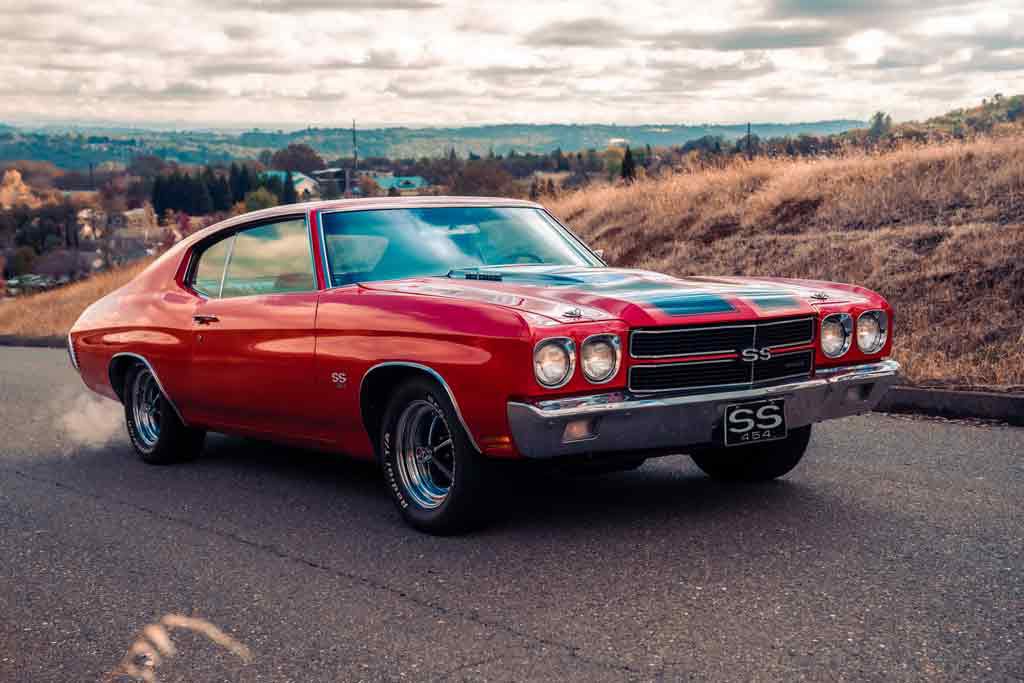Tech Versum: Explore the Future of Technology
Dive into the latest trends and innovations in technology with Tech Versum.
Steering Through the Future: What Cars Really Say About Us
Discover what your car reveals about your personality and the future of driving. Uncover the hidden truths behind our automotive choices!
The Psychology Behind Car Choices: What Your Vehicle Says About You
The choices we make in selecting a vehicle often reflect deeper aspects of our personality and lifestyle. For instance, sports cars typically attract individuals who value speed and excitement, suggesting a thrill-seeking nature. In contrast, those who opt for luxury SUVs may prioritize comfort and status, showcasing a desire for both practicality and prestige. Additionally, eco-friendly choices like hybrid or electric vehicles indicate a commitment to sustainability, appealing to individuals who prioritize environmental responsibility over the conventional ideals of car ownership.
Moreover, the nuances of car selection can reveal even more about one's psychological profile. For example, individuals who choose classic cars often have an appreciation for nostalgia and timelessness, while compact cars may attract practicality-focused drivers who value efficiency and utility in urban settings. On the other hand, those who frequently change vehicles might be exploring identity and self-expression through different brands and models, revealing a constantly evolving sense of self. Understanding these psychological motivations behind car choices can provide deeper insights into our social behaviors and self-perceptions.

Driving Trends: How Our Cars Reflect Changing Values and Lifestyles
The evolution of automobiles is a fascinating reflection of shifting societal values and lifestyles. As we navigate through various driving trends, it becomes evident that our cars serve not just as modes of transportation but as extensions of our identities. For instance, the rising popularity of electric vehicles underscores a growing awareness of environmental issues. More consumers are prioritizing sustainability, leading to eco-friendly designs becoming a key selling point. Automakers are now investing heavily in electric and hybrid technologies, which resonates with the values of younger generations who are more conscious of their carbon footprint.
Moreover, the rise of technology within cars mirrors our increasing reliance on connectivity and convenience. Features such as smart infotainment systems and advanced driver assistance systems are not merely luxuries but have become essential for modern drivers. This shift signifies a lifestyle that values efficiency and safety, highlighting a transition in consumer expectations. As driving trends evolve, we witness a blurring of lines between traditional vehicle functionalities and modern technological advancements, which ultimately reflects our changing values of convenience, security, and sustainability in our daily lives.
Are We What We Drive? Exploring the Social Significance of Cars in Modern Society
In today's fast-paced world, the vehicles we choose to drive often serve as extensions of our identities. Are we what we drive? This question resonates deeply in modern society where cars are not merely modes of transportation but symbols of status, lifestyle, and personal values. From the eco-conscious buyer opting for a hybrid vehicle to the luxury car owner flaunting their wealth, our automobile choices reflect our aspirations and social standing. Thus, the social significance of cars extends beyond their physical form; they play a pivotal role in shaping our self-image and how others perceive us.
Moreover, the impact of cars on social interactions cannot be overstated. Cars often become integral to our social lives, influencing where we go, how we connect with others, and even the spaces we inhabit. For instance, drive-in theaters and road trips epitomize the communal experiences surrounding automobiles, while car clubs foster a sense of camaraderie among enthusiasts. Conversely, the rise of urban living and public transportation options poses challenges to the traditional car culture, prompting a reevaluation of our relationships with vehicles. In essence, as we explore the evolving dynamics of car ownership, it becomes clear that we are, in many ways, shaped by the very cars we choose to drive.